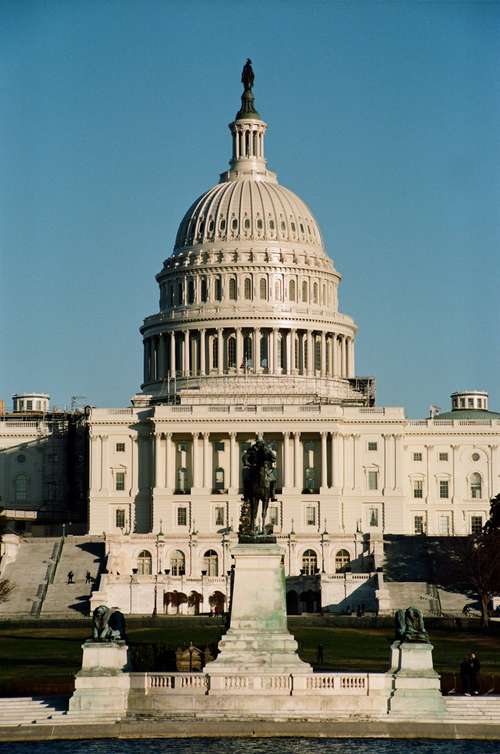After the events of the last 12 months, cryptocurrency is once again a hot topic across the globe. Governments worldwide have realized they can no longer ignore the phenomenon, and are now looking to formulate clear cryptocurrency regulations to either control or curb the ascension. Therefore, understanding how these crypto regulations work is very important for anyone who's involved in the crypto space.
This article will look at the impact of cryptocurrency regulations in different regions on crypto trading and investments.
Crypto Regulation Trends Globally
The current trend of cryptocurrency regulations in countries around the world shows that governments are not employing a one-size-fit-all approach. While some countries are making moves to further embrace crypto, others like China have banned crypto trading and mining. One country that hasn't taken this restrictive approach to cryptocurrency regulations is Japan. Japan has not only legally recognized cryptocurrency, it has also set up the necessary regulatory framework to facilitate crypto trading.
In May 2023, the European Union took a giant stride by setting up the Market in Crypto-Assets Regulations (MiCA). MiCA was set up to provide a clear framework for the issuance and trading of crypto assets. It requires companies operating in the crypto space to obtain licenses for the protection of consumers and to ensure transparency. This critical piece of crypto regulation, according to the EU, would help forestall recurrences of incidents such as the FTX collapse.
How Cryptocurrency Regulations Affects Trading and Investment
Cryptocurrency regulations or the absence of it, can significantly impact the way crypto trading activities are conducted in the areas where they have jurisdiction. Crypto exchanges and traders operating in regulated markets will have to conduct their transactions within the ambit of well defined legal boundaries.
This will not only invite more innovation to the crypto sector, it will also boost investor confidence. A good example of how the right crypto regulation can boost the ecosystem is the recent approval of the first spot Bitcoin ETF by the US Securities and Exchange Commission (SEC), which led to a $12.1 billion net inflow in Q1 2024.
On the other hand, the dangers of unregulated markets are known to every crypto investor—uncertainty and higher volatility. In such spaces, investors are exposed to high risk of frauds and scams, with no established guidelines to protect their interests. In the same vein, crypto exchanges and investors will struggle to make decisions on investments and innovation, without a clear legal framework to guide them.
Another thing crypto regulations brings to the sector is stability. For a long time, volatility in the market place has remained one of the frequently mentioned concerns of investors looking to enter the crypto space. In the UK, stablecoins regulations are aimed at protecting consumers from financial instability while reaping the benefits of the digital assets.
In South Korea, a Virtual Asset Users Protection Act was passed in 2023 to combat another factor that has been a point of debates in the crypto sector. By virtue of its decentralized nature, cryptocurrencies are easily susceptible to being used to carry out illicit activities. The act aims to fight this by imposing rigorous record-keeping and Know-Your-Customers transparency requirements on crypto exchanges. Similarly, the Cryptoassets Act in Brazil, enacted in 2023, spells out clear penalties for anyone found using crypto in fraud or money laundering.
The Bottom Line
One thing is sure, the global regulatory wheel will continue to evolve and it is hoped that these cryptocurrency regulations will open the door to a more secure and prosperous crypto trading industry in the near future.




